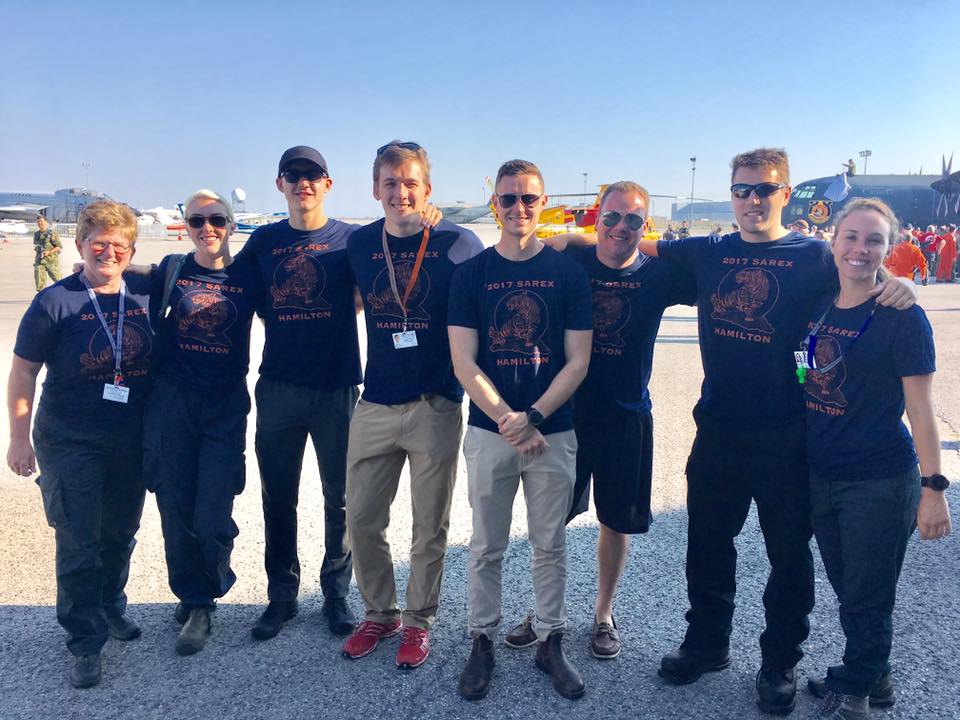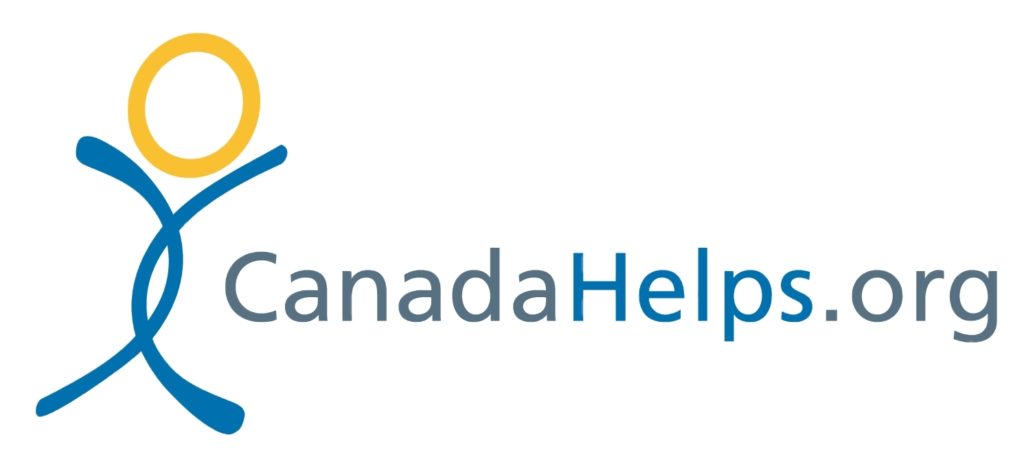About Us

Click Here To View Our
Brochure
London Air Patrol, Inc (LAP) provides volunteer air search and rescue service throughout Southwestern Ontario. Incorporated in 1980 as a not-for-profit entity, London Air Patrol is a member of the Civil Air Search and Rescue Association (CASARA) and is one of several units across Ontario and Canada. CASARA's mission is to support Canada’s Search and Rescue (SAR) program and to promote aviation safety. London Air Patrol members are a trained and organized group of volunteers who play a vital role in Canada's Search and Rescue (SAR) program.
Together, we create awareness of aviation safety, provide our time and expertise free of charge and provide aircraft and certified crew members for search operations and training missions. We provide certified spotters on Canadian Forces aircraft, rapid responses for actuals, search coordinators for actual SAR missions and perssonel to act as casulaties during military training.
We are primarily tasked on SAR missions by the Joint Rescue Coordination Center (JRCC), located at CFB Trenton. In this regard, we will launch our own search based on the nature of the emergency which may include an air crew consisting of pilot, navigator and spotters in a private aircraft, or a ground crew, or both. We may also be called upon to supply certified CASARA members trained as spotters onboard military aircraft to act on board Canadian Forces SAR aircraft consisting of C-130 Hercules and Griffon from 424 Squadron. There are many roles in which we eagerly participate:






